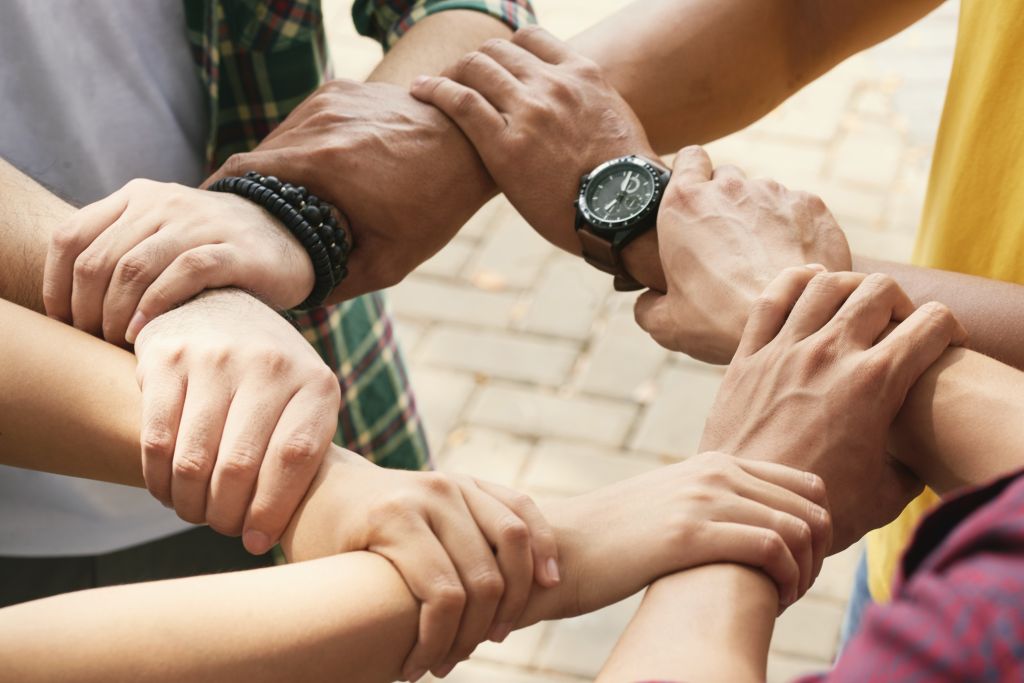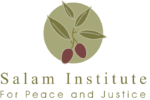
At Salam Institute, our journey began in 2008 with a crucial objective in mind: to generate knowledge on forgiveness in the Arab region. Back then, the field lacked systematic research and empirical data on this topic. However, we were determined to change that. Our research project took us on a path of exploration and discovery. We conducted 690 surveys among Arab teachers in six societies, seeking to understand their perceptions of forgiveness. Additionally, we conducted 93 qualitative interviews, delving into the reasoning behind forgiveness. Through our efforts, we collected 83 real-life stories and cases of forgiveness from various regions in the Arab world. Moreover, we developed the first Arabic instrument to measure willingness to forgive, adapting existing measures for this purpose. Our commitment went beyond research; we implemented a forgiveness training program to evaluate its impact and effectiveness on teachers and students. In schools for Palestinians in Israel and Jordan, we conducted pre and post-tests to assess the outcomes. Along this journey, we achieved remarkable outcomes and produced valuable products. We published 13 peer-reviewed articles and book chapters on forgiveness and reconciliation in the Arab region. We also created two teacher training manuals specifically tailored for Arab educators in primary and secondary schools. Additionally, we conducted numerous training workshops for teachers in Arab schools across Jordan, Lebanon, Iraq, Egypt, Palestine, and Palestinians in Israel, training over 300 educators on how to introduce forgiveness within their educational environments. Furthermore, we organized several regional conferences, bringing together experts and sharing forgiveness cases from around the world, including the USA and South Africa. Our efforts culminated in two noteworthy conferences, a Regional Conference on Forgiveness in the Education System in December 2011, and an International Conference on Forgiveness in February 2015. Through these events, we were able to create a platform for meaningful discussions and the exchange of inspiring forgiveness stories. Our journey continues, and we are proud of the strides we have made in advancing the understanding and practice of forgiveness and reconciliation in the Arab region. We believe that by fostering dialogue, promoting research, and raising public awareness, we can build a more harmonious and compassionate society.
